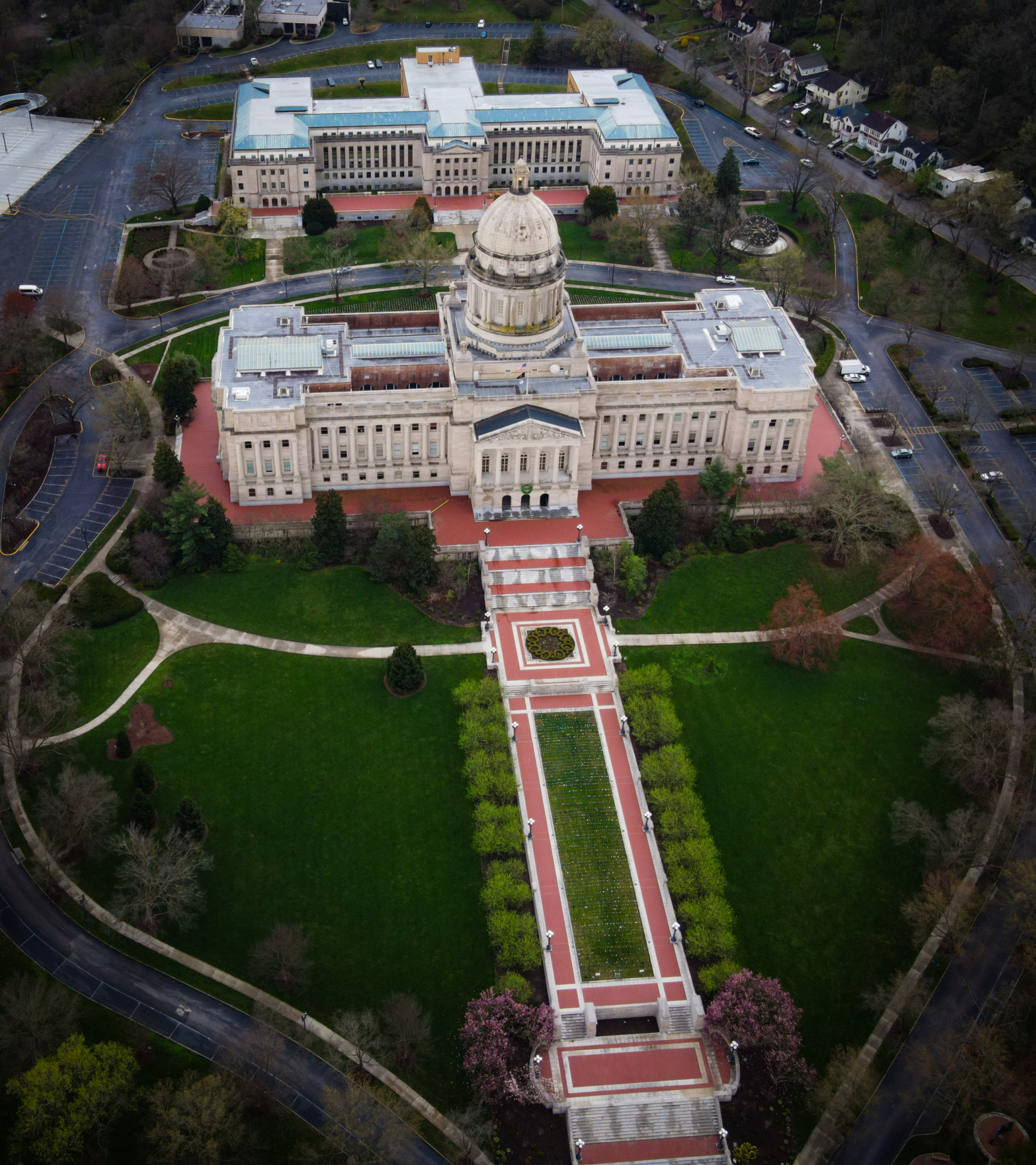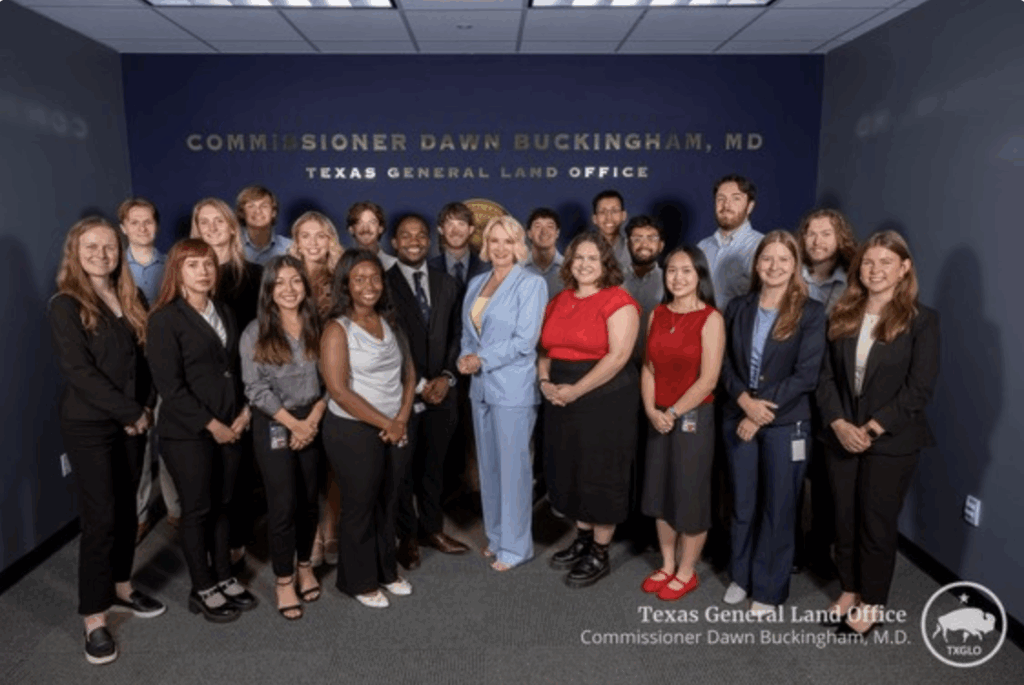Federal Judge Strikes Down Minnesota PSEO Restrictions on Faith Statements

Minnesota Senator Andrew Mathews welcomed a federal court decision in Loe v. Walz, which sided with the University of Northwestern and Crown College in their challenge to a 2023 law affecting Minnesota’s Post-Secondary Enrollment Options (PSEO) program. He characterized the outcome as a clear affirmation of constitutional protections for faith-based institutions that offer college-level courses to high school students through the state’s dual-enrollment system.
Mathews said the judge found the 2023 statute unconstitutional and noted that he had warned during debate that the measure would not withstand judicial scrutiny because it discriminated on the basis of religion and conflicted with First Amendment protections. He framed the ruling as part of a broader pattern in which controversial laws face legal challenges and are ultimately reversed, arguing such measures consume public resources and inject uncertainty into programs families rely on.
The case arose after lawmakers updated eligibility rules for the PSEO program, which allows Minnesota high school students to earn free college credit by enrolling in approved courses at participating institutions. According to highereddive.com, the 2023 law barred colleges from participating in PSEO if they required high school students to sign statements of faith or if they made admission decisions based on certain protected characteristics or religious beliefs and affiliations. The University of Northwestern and Crown College, both faith-based institutions, sued, arguing that the law essentially forced them to abandon religious conduct expectations for students in order to remain eligible for PSEO—an untenable choice, in their view.
As highereddive.com reported, U.S. District Judge Nancy Brasel concluded that Minnesota’s law infringed on the colleges’ constitutional rights by conditioning a public benefit on abandoning religious requirements that help define their campus communities. The court found that such a condition burdened the institutions’ free exercise of religion and limited families’ ability to use a public benefit at a school aligned with their beliefs. Earlier in the litigation, the judge had blocked enforcement of the law, allowing the institutions to continue enrolling PSEO students while the case proceeded.
Mathews emphasized that the ruling protects equal participation by faith-based colleges in an otherwise broadly available program. While his statement did not delve into the court’s full legal analysis, he underscored a central principle: when the state elects to make a public benefit—such as tuition-free dual enrollment—available, it cannot disqualify otherwise eligible private institutions solely because they are religious or maintain faith-based standards for their communities.
The implications are practical as well as constitutional. PSEO has long been a pathway for Minnesota students to get a head start on college, reduce the cost of higher education, and explore advanced coursework while still in high school. According to highereddive.com, the program reimburses participating colleges through fixed per–credit-hour payments, and both institutions involved in the lawsuit have significant experience with PSEO students. Between the 2017–18 and 2022–23 academic years, the University of Northwestern received over $33.2 million through the program, and Crown College received roughly $5.8 million, reflecting sustained demand for their courses among Minnesota families.
Leaders at the two colleges publicly welcomed the decision. As reported by highereddive.com, the University of Northwestern’s president, Corbin Hoornbeek, said the outcome affirms their mission to foster both intellectual and spiritual growth. Crown College President Andrew Denton likewise praised the ruling, saying it ensures students who want a faith-centered environment are not singled out or excluded from the benefits of dual enrollment. Their comments align with Mathews’s view that the court restored an even-handed approach: students and families should be free to select from the full range of eligible institutions—including religious ones—without the program’s rules pressuring schools to compromise their beliefs.
At the same time, the ruling addresses a recurring tension in education policy: how to reconcile nondiscrimination goals with protections for religious exercise. In this instance, the court concluded that the state’s approach crossed a constitutional line by effectively conditioning eligibility on retreating from faith-based standards. Mathews’s statement situates that conclusion within a broader argument for careful legislating—one that anticipates constitutional limits and avoids costly and disruptive litigation.
What comes next for the state is not yet clear. Appeals are common in high-profile constitutional cases, and administrative guidance may be needed to clarify how the program will operate in light of the decision. Mathews’s focus, however, is on what he sees as the ruling’s central message: that programs like PSEO should remain open to institutions across Minnesota’s diverse higher-education landscape without penalizing those organized around religious commitments. He described the outcome as a win for religious liberty at a time when, in his view, such freedoms face persistent challenges.
For Minnesota families, the practical takeaway is straightforward. The decision preserves access to dual-enrollment offerings at the University of Northwestern and Crown College, and it signals that schools with faith-based conduct expectations can continue participating in PSEO while maintaining their identities. For policymakers, the ruling serves as a reminder that efforts to regulate eligibility for public benefits must be crafted with constitutional constraints firmly in view.
By highlighting the court’s reasoning and its effect on students and institutions, Mathews places the Loe v. Walz decision in a context that extends beyond the two colleges that brought the lawsuit. In his telling, the case is about more than one statute or one program; it concerns a baseline rule of American public life—that the state may not exclude religious organizations from generally available benefits solely because they are religious. According to highereddive.com, the judge dismissed the state’s counterclaims as well, further solidifying the colleges’ position as the case concluded at the district court level.
Mathews emphasizes a familiar point: durable policy should respect constitutional boundaries from the outset. Whether the next steps involve appeals, revised statutory language, or administrative updates, he contends the path forward should align with the court’s judgment—keeping PSEO open to a full spectrum of providers, including those whose missions are inseparable from their faith, without conditioning participation on abandoning religious standards.
RECENT










BE THE FIRST TO KNOW
More Content By
Think American News Staff











